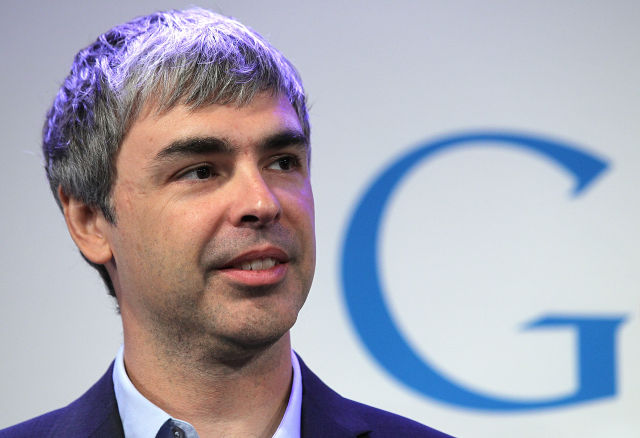
You've probably heard it before: Apple has more money in the bank than any other corporation on Earth, thanks to huge profit margins on its products and a run over nearly two decades leading in the consumer technology industry. It has been called the richest, most successful company in the history of the world. But one part of that narrative isn't true anymore: Apple no longer has the biggest financial reserves of any company on Earth.
According to a report in Financial Times, that label may now be applied to a different tech giant: Alphabet, Google's parent company. As of this year's second financial quarter, Alphabet now has $117 billion in reserve, compared to $102 billion for Apple. However, Apple had $163 billion in 2017, so this is just as much a story of Apple reducing its reserves as it is one of Google growing its own.
Since then, Apple has worked to reduce its liquidity in response to criticisms from investors that the company was hoarding cash. While there is some room for nuance, investors generally want to discourage companies from hoarding cash. Instead, they prefer that the money either be returned to investors in some way or invested in something that may produce a return later.Apple spent $122 billion on stock buybacks since the beginning of 2018. It also took advantage of a one-time tax incentive to bring overseas cash back into the United States at a reduced tax rate a little over a year ago.
All of this is to say that, while platform-loyal tech enthusiasts might see this as evidence that Google is winning and Apple is losing, the reality is more nuanced. Finance professionals, in many cases, actually see holding excessively large cash reserves as a negative.
Apple continues to face the challenge of reinventing itself in a world that has been more or less fully saturated with smartphones. The company's most recent earnings report showed another quarter of decline in year-over-year iPhone sales. But the losses in that quarter were made up by growth in services, wearables, and other areas.
Meanwhile, Google had a record-breaking quarter, with a reported quarterly profit of $9.9 billion and 19% greater revenue than the same quarter the previous year. While Apple's risk for investors comes from a stagnating smartphone market, Google's comes from the threat of increased regulation and other government action. And, of course, Alphabet's umbrella covers more than just Google.Both companies' financials are relatively healthy for now, though. And news about which tech company has the most cash in the bank doesn't carry much relevance for most consumers; it's primarily an investor concern. But how tech giants will navigate shifting market demand for certain products, consumer outrage over privacy matters, the impact of US/China trade disputes on supply lines, and threats of regulation or even monopoly-busting breakups by politicians and political candidates might. So those are the stories to watch most closely.
reader comments
150